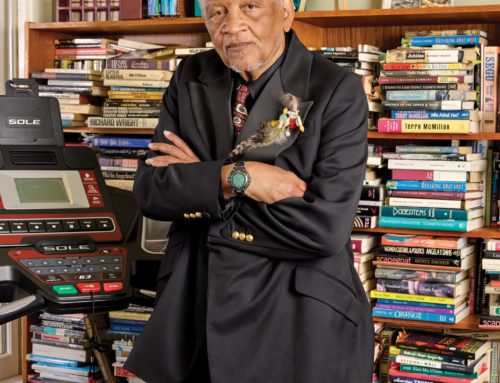Seven years after winning Spain’s prestigious Premio Nadal, Eduardo Lago’s Call Me Brooklyn has finally been translated to English. Lago has translated authors ranging from Sylvia Plath to Junot Diaz, and his debut novel is a love letter to writers and their process. Call Me Brooklyn is a book for bibliophiles, a metatextual but wholly accessible exploration of authorial identities. Similar to Nabokov’s Ada or Ardor, Call Me Brooklyn is as much a story about its constellation of characters as it is a reflection on the very process of writing, combining journal entries and recreated scenes with letters and transcripts.
The novel opens with the death of Gal Ackerman, a Spanish-born New York writer who was adopted as a newborn by an American couple during the Spanish Civil War. Gal had been at work on an exhaustive memoir he intended to title Brooklyn, and when he dies it becomes the task of his friend Néstor to compile Ackerman’s notes and complete the book. Call Me Brooklyn, then, is as much Néstor’s story as it is Gal’s, and Lago challenges the reader to be invested not only in Gal’s storyline, but also the authorial process by which Néstor presents his friend’s life. A writer himself, Néstor sacrifices his own work to create a coherent narrative out of Gal’s notes, occasionally interjecting and apologizing to his deceased friend, and attempting to bridge Gal’s writings with the anecdotes he told Néstor and others at their neighborhood bar, the Oakland.


